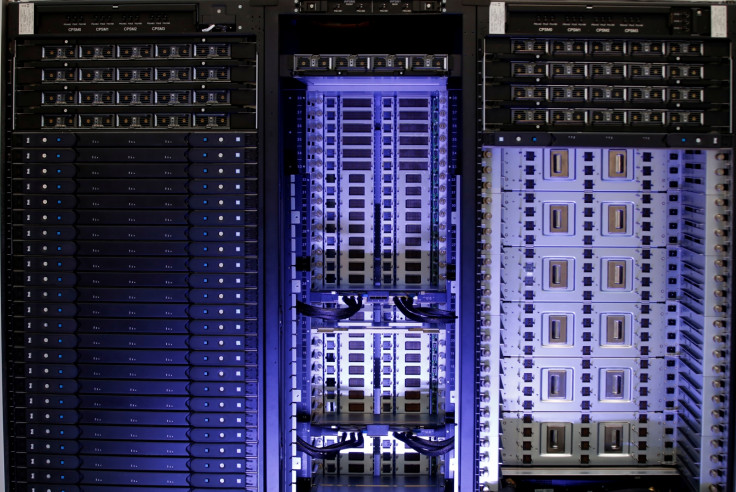China's new supercomputer expected to be 10 times faster than Sunway TaihuLight
The Tianhe-3 will be capable of performing quintillion calculations per second.

China is building a supercomputer equipped with a top-tier processor and other key elements, making it the fastest in the world. The prototype of the first exascale supercomputer, dubbed Tianhe-3, is expected to be completed early next year.
The next-generation supercomputer would be capable of doing a quintillion calculations per second. This means it is 10 times faster than the Sunway TaihuLight, China's first supercomputer powered with a home-grown processor.
For a comparison, Sunway TaihuLight can make 125 quadrillion calculations per second. Tianhe-1, the country's first supercomputer developed in 2009 currently performs 1,400 assignments per day, including solving problems from "stars to cells".
"Its computing power is on the next level, cementing China as the world leader in supercomputer hardware," Meng Xiangfei, the director of application at the National Super Computer Tianjjin Centre told the China Daily adding, it would be available for public use and "help us tackle some of the world's toughest scientific challenges with greater speed, precision and scope".
Tianhe-3 would be developed entirely in China. It would be stationed in Tianjin and begin operating by 2020; earlier than US' exascale supercomputer.
The new supercomputer would be able to analyse smog distribution on a national level, whereas the current models can only handle district-level detection. Meng said it can even simulate earthquakes and epidemic outbreaks thoroughly. Additionally it can also analyse gene sequence and protein structures at unmatched speed.
Shanghai news outlet, The Paper quoted Liu Guangming, director of the National Super Computer Tianjin Center as saying that Tianhe-3 will generate over CN¥10bn ($1.49bn, £1.16bn) in benefits per year.
Alongside Tianhe-3, China is also working on another exascale supercomputer. "Such machines take years to make and typically are retired in six to eight years, so you always need a backup, especially when your older models are overworked," Meng added.
© Copyright IBTimes 2025. All rights reserved.





















